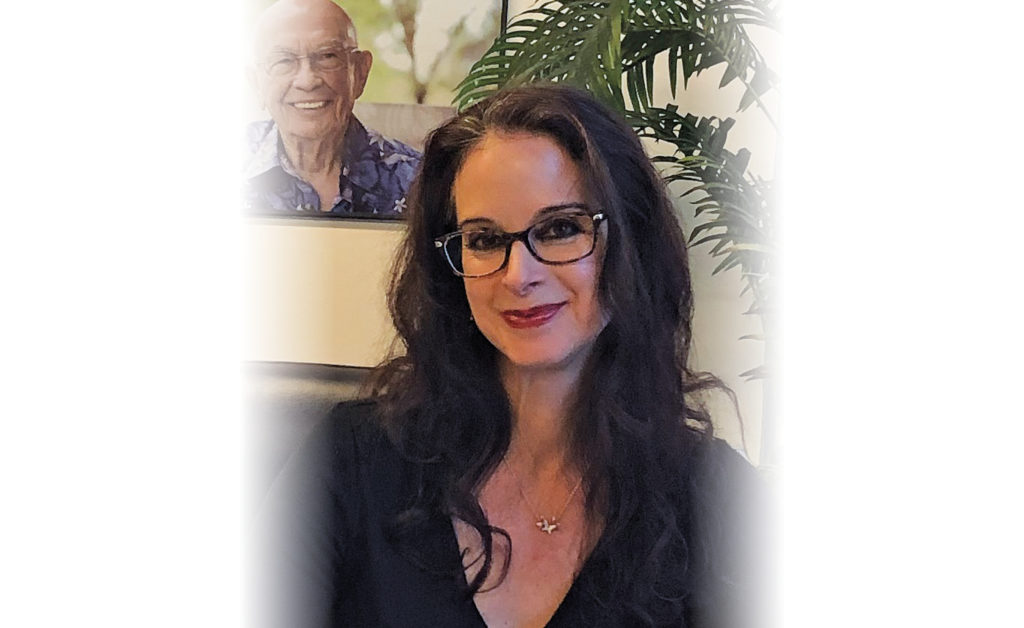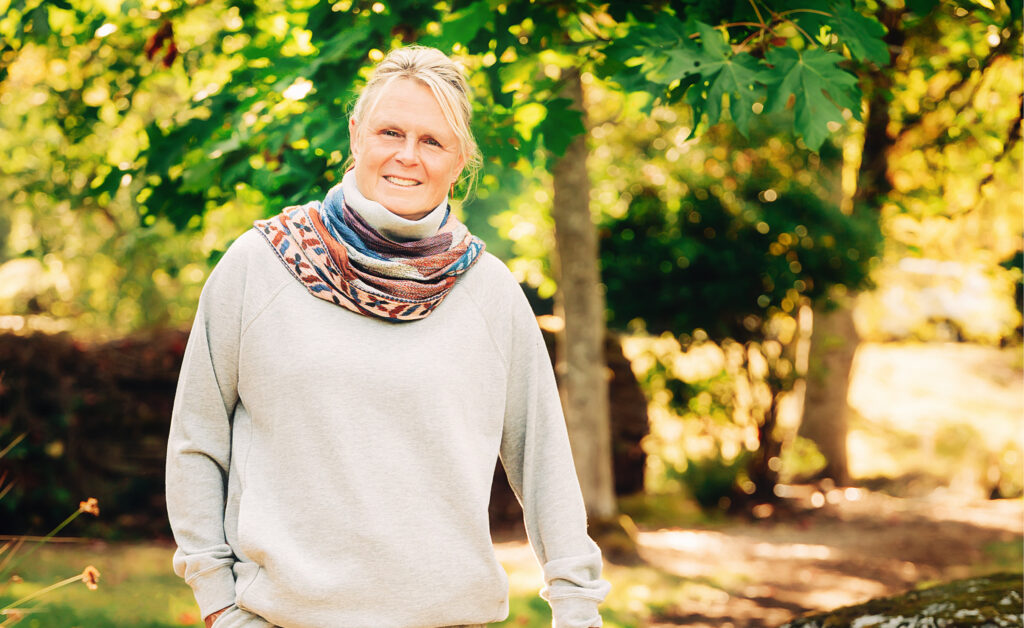by Sherrin Griffin VP, Operations, Sidney SeniorCare –
One of my New Year’s resolutions this year is to practice more gratitude. The art of gratitude has become a growing trend, and as much as I am not fond of trends for their often brief nature, this one I am definitely onboard with.
It is easy to become overwhelmed with all that is going on in the world. The practise of gratitude helps to keep us grounded and appreciative of the cornerstones of life – family, friends, a roof over our head, food on the table … . I can’t tell you how many times I’ve subjected my poor parents to my anxiety-ridden musings about the “sorry state of the world.” My mother smiles at my drama patiently, and talks me “off the ledge” with her soothing, calm words of wisdom. I wonder how she keeps it all together so well. It’s obvious now that she, for one, definitely understands the importance of practicing gratitude, and has been doing it for years along with her other senior counterparts.
Even the horrific nature of this pandemic has not broken the steely reserve of our seniors. No matter how dire the situation, they have held themselves with grace and dignity while the rest of us have been moping around in our jammies, eating too many pints of Ben & Jerry’s and drinking too much shiraz while we commiserate with our peers about a few gray hairs and a few extra pounds.
Seniors are the ones who have grounded us, kept us sane and given us much-needed perspective that “this too shall pass.” They have epitomized grace under pressure, and there is much we can learn from them about how to cope with the challenges and stress that life throws our way.
Over the last 22 months, while the rest of us have battled frayed nerves and emotional exhaustion, studies have shown that seniors were less likely to experience pandemic-related anxiety, depression or stress. “Why?” you ask. Well, it seems that seniors have a few things up their sleeves:
• Seniors have a solid foundation of knowledge, skills and valuable coping mechanisms, accrued over many decades of life experience.
• Dealing with multiple life challenges over the years develops resilience. Seniors are often stronger mentally and emotionally, due to years of conditioning.
• Seniors’ greater experience level and built-up tolerance helps them to adapt better in the face of adversity, trauma or stress.
• Seniors are often more likely to be positive when confronted with an adverse event, with confidence that they can get through it because of all the other difficult situations they’ve gotten through over the years.
• Seniors accept that change is a part of life, even seemingly catastrophic change, and they are able to acknowledge the challenges presented by change without losing their perspective on the “big picture.”
While many still view seniors as the more fragile age group, and although they may be more vulnerable physically, this pandemic has shown us that when it comes to mental and emotional health, seniors are survivors who know how to thrive in even the most challenging of circumstances.
This New Year, let’s resolve to deepen our connections with seniors, whether they be our parents, grandparents, friends of the family or the seniors that we see at the local grocery store or neighbourhood dog park. This is the year to build stronger bonds by engaging, connecting and sharing with older adults on a more regular basis. Seniors have so much to teach us about gratitude, resilience and inner strength; qualities that will help us to not only get through the next year, but to thrive and come out victorious.




